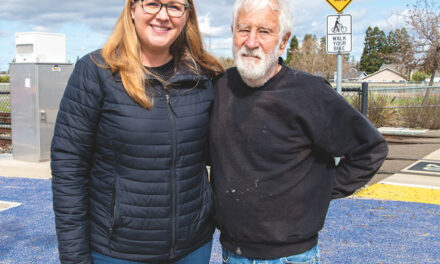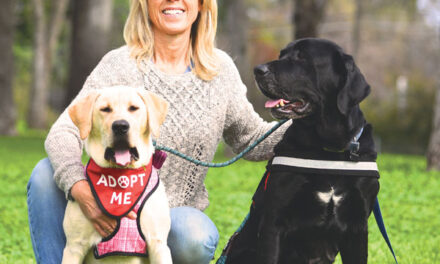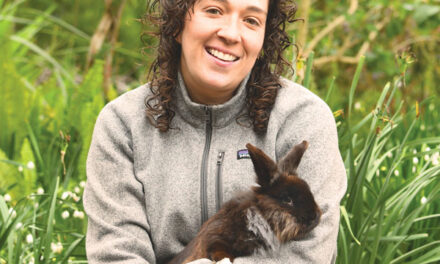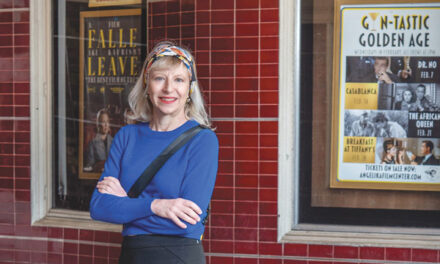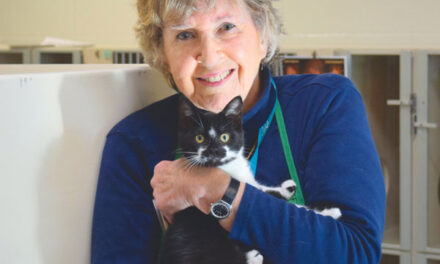I Got Your Back
Restaurants tackle mental health stigma with peer-to-peer support
By Daniel Barnes
May 2020
For as long as Patrick Mulvaney could remember, his industry had four responses for restaurant workers dealing with depression.
“They were: go home, get back on the line, stop drinking or let’s do a shot,” says the chef and owner at Mulvaney’s B&L. “None of them were good.”
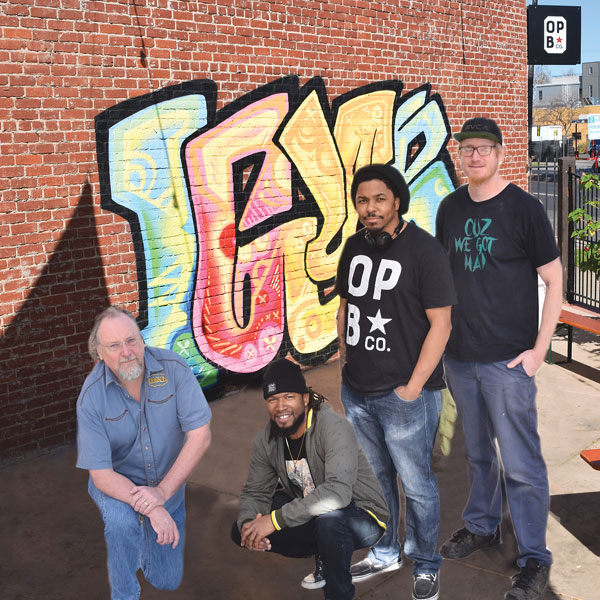
The insufficiency of those methods was exposed in early 2018 when several suicides rocked the local food scene. Following the May 2018 death of Noah Zonca, former chef at The Kitchen, Mulvaney and other prominent local chefs and restaurant owners started searching for a solution to an issue that their industry had ignored for ages: mental health.
On the Friday before a planned meeting to discuss the issue, news broke that celebrity chef Anthony Bourdain died by suicide. That tragedy only emphasized the literal life-or-death urgency of the problem. “Ten days after Bourdain’s death, we had 15 chefs and restaurateurs sitting around a table with the leading lights of mental health in Sacramento,” Mulvaney says.
Out of that meeting came the beginnings of the I Got Your Back program. Started by Mulvaney and his wife Bobbin, IGYB is a peer-to-peer resource and support system designed to combat the stigma of discussing mental health. IGYB teaches employees to look for warning signs, creates a safe environment to talk about personal issues and provides access to mental health resources.
At least one restaurant employee trained in peer counseling wears a purple hand marker during each shift. The marker signifies that the employee is available to listen to colleagues’ mental health and addiction problems. He or she can also seek out coworkers who are believed to be seriously struggling. Meanwhile, managers and owners take regular mental health “temperature checks” to encourage communication.
In November 2019, a dozen Sacramento restaurants wrapped up a two-month pilot phase of IGYB funded by Dignity Health, Kaiser Permanente, Sutter Health, UC Davis and the Sacramento Kings. “What the pilot program found was that there is a dramatic increase of awareness about mental health services,” Mulvaney says. “There was also a significant increase in people’s willingness to discuss mental health issues in the restaurant among their peers.”
According to a 2015 Substance Abuse and Mental Health Services Administration study, nearly 17 percent of full-time food service and hospitality employees have substance-abuse disorders. Meanwhile, a 2016 survey found that 73 percent of restaurant workers reported dealing with multiple mental health conditions.
Mulvaney believes that part of the problem stems from a natural inclination toward hospitality. “Because we’re always focused on the other, we don’t take the time to focus on ourselves,” he says. “We now finally in our industry are starting to talk about what our self-need is.”
Oak Park Brewing Co. co-owner and head brewer Geoff Scott sees firsthand the pressures that restaurant workers deal with. “I’d never worked in a restaurant before. You watch these people, and they work extremely hard,” he says. “They work under high pressure. When the restaurant’s slammed, everyone’s hustling.”
Oak Park Brewing recently partnered with IGYB on a beer collaboration to raise money and awareness for the project. Twenty local bars and restaurants sold 100 gallons of IGYB Red Lager. Participating restaurants received one keg apiece, and most places ran out of the beer that night.
“We wanted to brew a lower-alcohol beer, almost as low as possible,” Scott says. “We added some crystal malt and some roasted malt to give it a lot more malt flavor.” Oak Park plans to bring back IGYB Red Lager every year on Oct. 10 to commemorate World Mental Health Day.
As for the IGYB program, Mulvaney has already seen positive results. Last Christmas, one of Mulvaney’s employees came into work and told the “purple hand” on shift that he was thinking about suicide. That employee received the mental health services he needed.
Mulvaney’s experiences also came in handy when multiple deaths shocked the Cincinnati restaurant scene in January. “I got phone calls from my friends out there to say, just like us in 2018, ‘What do we do?’” Mulvaney shared resources with his friends in Cincinnati and, within a few weeks, they held several meetings and started a Facebook group with more than 1,000 members.
The coronavirus pandemic has forced the Mulvaneys to put off plans for program expansion. Previously, they were working with restaurant associations in several states and planning engagements. The couple were also talking with the Steinberg Institute and other local organizations about mental health, while making their case to U.S. Rep. Doris Matsui and other politicians.
“Those are all things that are not in my comfort zone. I’m a cook, and I just want to make soup,” Mulvaney says. “But it’s amazing that it resonates, and that people are paying attention.”
Daniel Barnes can be reached at danielebarnes@hotmail.com. Follow us on Facebook, Twitter and Instagram: @insidesacramento.


